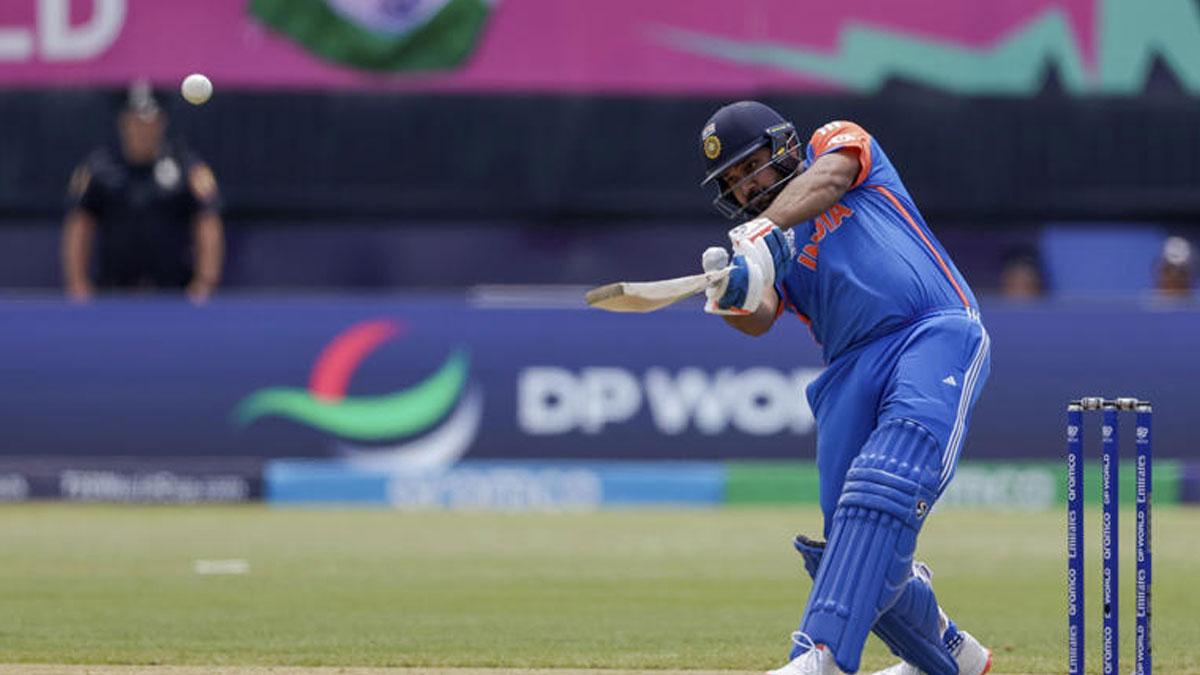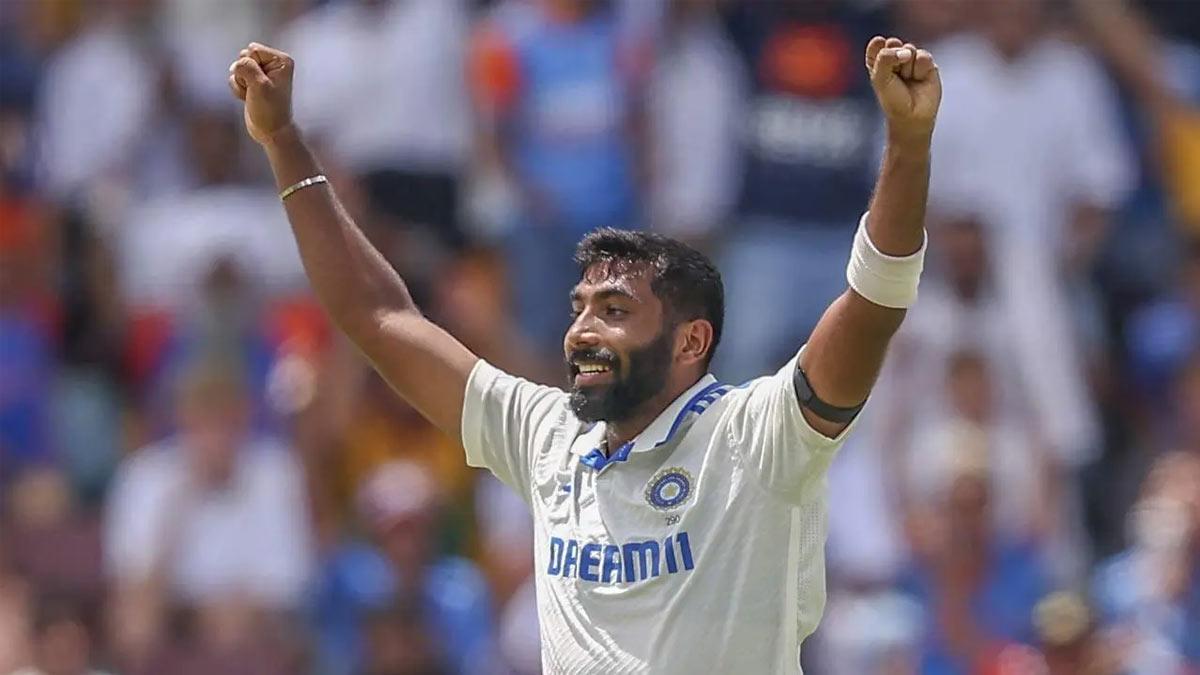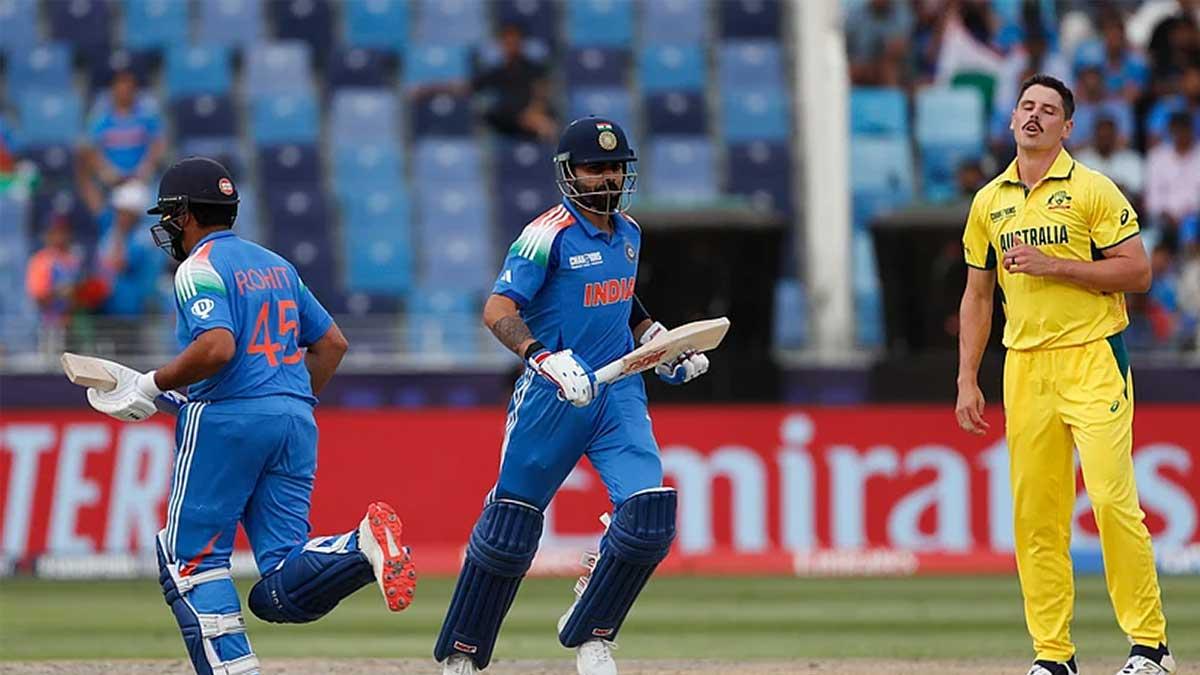India began their T20 World Cup campaign with an emphatic eight-wicket victory over Ireland, but not without facing an early setback, as the Skipper Rohit Sharma picked up an untimely upper arm injury. Sharma's half-century and subsequent exit from the field in the middle of the game paved the way for concern among the Indian camp, with a crucial upcoming match against Pakistan on June 9.
After Rohit's exit, the Indian bowlers displayed an exhibition of relentless bowling, nullifying the Irish batsmen on a pitch offering variable bounce and seam movement. The Indian quartet of pace bowlers, led by Jasprit Bumrah and Mohammed Siraj, alongside Arshdeep Singh and a resurgent Hardik Pandya, restricted Ireland to a paltry 96 runs in 16 overs.
Except for Gareth Delany, the rest of the Irish batting line-up succumbed to the relentless pressure imposed by the Indian bowlers, who were constantly swinging, seaming, and bouncing. Though Delany's late flourish brought Ireland close to the 100-run mark, it was still a meager total they managed.
In the chase, Rohit Sharma, in injured state, still enthralled the crowd with his characteristic pull-shots that allowed India to win with 40 balls to spare inside 12.2 overs. While Virat Kohli and Suryakumar Yadav both missed valuable batting practice, Rishabh Pant batted well for an unbeaten 36 in his first-ever outing at number three.
But there were question marks over the playing conditions, with the variable bounce of the drop-in track throwing up questions over the readiness of the venue for the marquee India-Pakistan clash. The pitch had obviously not been conducive to the batters; it was too helpful for the bowlers, meaning that deliveries could take off unexpectedly, risking injury, as had happened to Rohit Sharma and Rishabh Pant.
Arshdeep Singh struck to the plan early on, maintaining a disciplined line and length, which ensured the Irish openers were under trouble. Mohammed Siraj complemented that, keeping the pressure from the other end, as the Irish batsmen couldn't cope with the moving ball.
Ireland lost two crucial wickets in the Powerplay, setting the tone for a one-sided contest. The effective and influential spell from Hardik Pandya further blurred the hopes for Ireland; his change-ups had an account of three dismissals.
His performance added another dimension to the Indian bowling attack and also created flexibility for the team management with respect to the team composition for the upcoming games. More than the ability to generate swing, seam, and extra bounce, it was his all-round skills that were on show in the campaign of India in the T20 World Cup.
Read also | 'I tried convincing him to stay': Rohit Sharma on outgoing head coach Rahul Dravid
Read also | T20 World Cup 2024: Ireland looks to exploit India's shortcomings


















